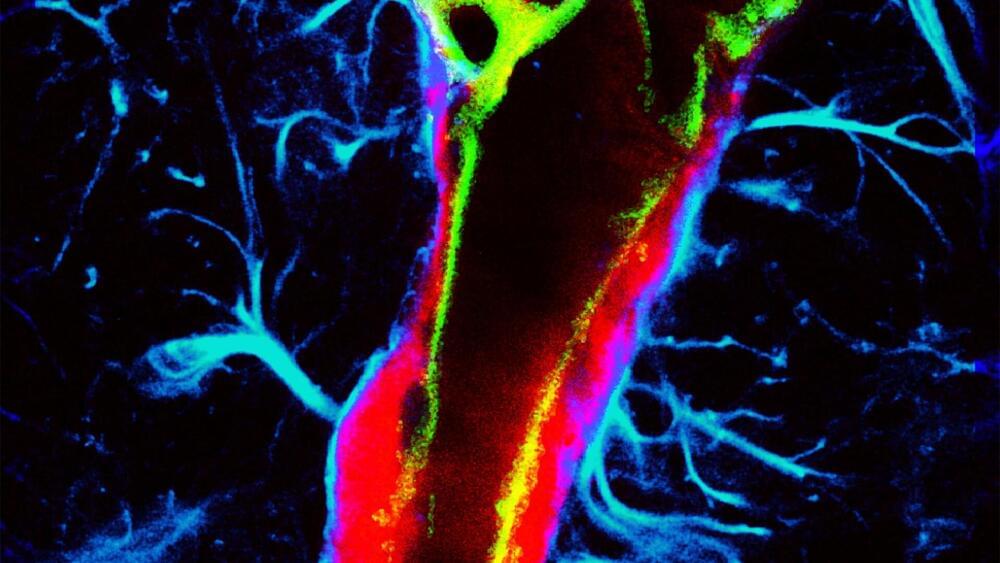Like the lymphatic system in the body, the glymphatic system in the brain clears metabolic waste and distributes nutrients and other important compounds. Impairments in this system may contribute to brain diseases, such as neurodegenerative diseases and stroke.
A team of researchers in the McKelvey School of Engineering at Washington University in St. Louis has found a non-invasive and non-pharmaceutical method to influence glymphatic transport using focused ultrasound, opening the opportunity to use the method to further study brain diseases and brain function. Results of the work are published in the Proceedings of the National Academy of Sciences on May 15.
Hong Chen, associate professor of biomedical engineering in McKelvey Engineering and of neurological surgery in the School of Medicine, and her team, including Dezhuang (Summer) Ye, a postdoctoral research associate, and Si (Stacie) Chen, a former postdoctoral research associate, found the first direct evidence that focused ultrasound, combined with circulating microbubbles—a technique they call FUSMB—could mechanically enhance glymphatic transport in the mouse brain.
